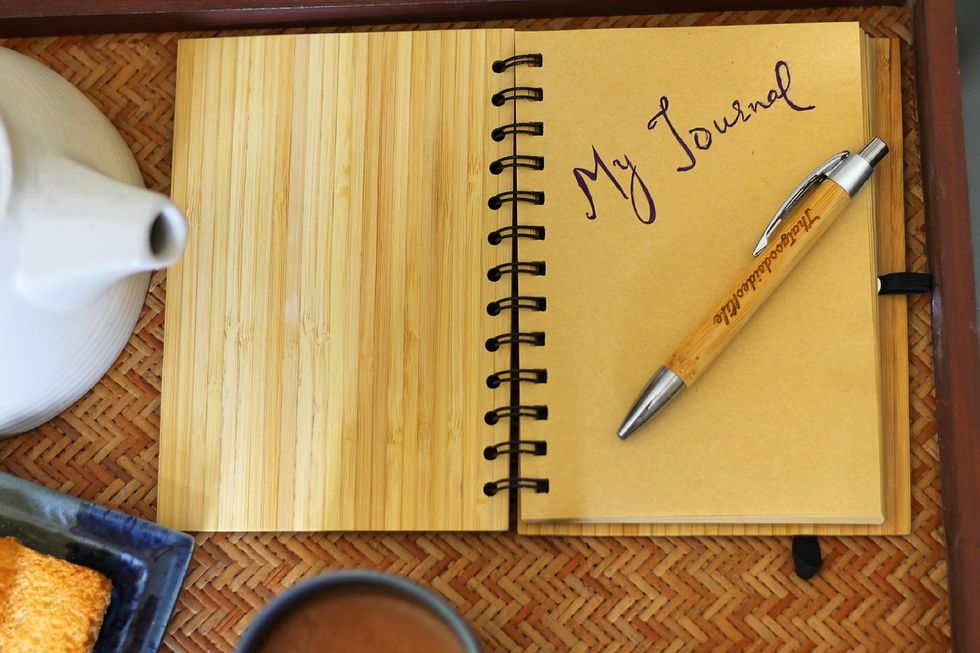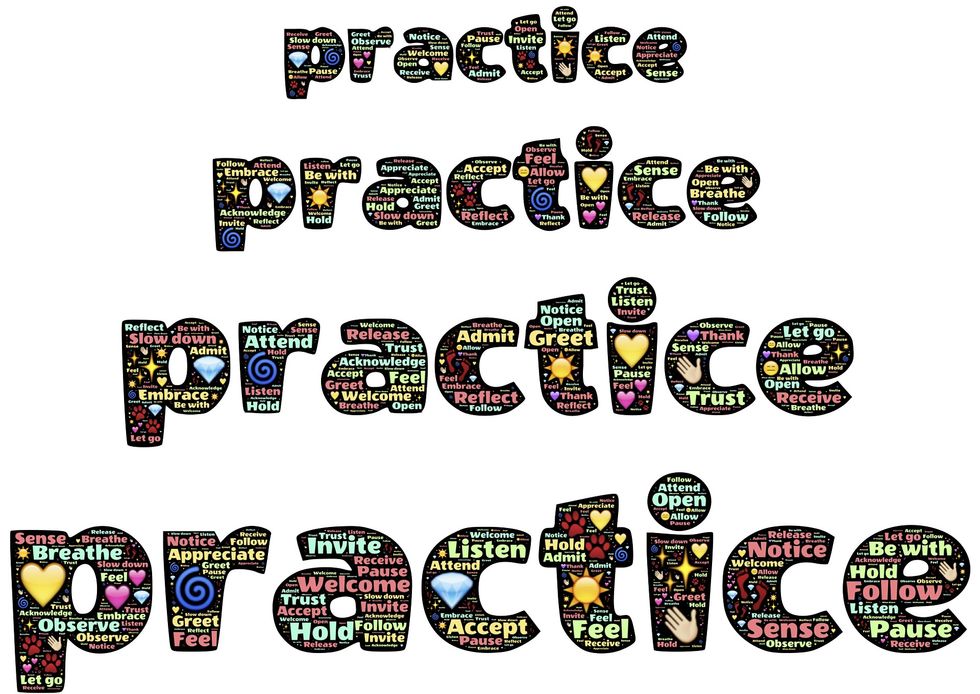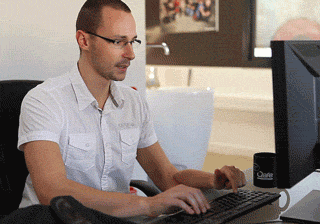Everyday, men and women obsess about aspects of their lives that they are unhappy with but they are unable to change. These aspects can include physical characteristics, emotional states, life situations, etc. People often cope with their unhappiness through denial and short-term solutions. For instance, plastic surgery is a huge part of American culture. In 2017, 290,467 breast augmentation procedures were performed.
Solutions like these may seem to increase happiness and satisfaction, but the root emotional problem isn’t fixed. The only way to truly heal from pain and dissatisfaction is to accept the circumstances in life that you cannot change. This is called radical acceptance. It is a simple concept that can be incredibly hard to execute and, at the same time, it can be the most rewarding pursuit in your life. Here are five ways to practice radical acceptance in your daily routine.
1. Acknowledge you are upset over something
The first step to radical acceptance is acknowledging that there is something you are upset over. This sounds simple, but it is actually quite challenging; it is easier to ignore pain and avoid confronting uncomfortable topics. Sometimes, this can even happen unconsciously. Without realizing it, we can immediately minimize or suppress an emotion surrounding a situation.
If an emotion is suppressed or minimized, then it takes more work to bring that emotion to the surface and start healing from it. Continually evaluate situations in your life and ask yourself how you felt about it. After you identify your feelings, don’t shy away from them even if it causes distress. Pain needs to be acknowledged before it can be eliminated.
2. Learn to self-soothe
Acknowledging upsetting situations can cause a lot of emotional distress. To avoid unhealthy coping mechanisms, it is important to cultivate healthy ways to respond to emotion. Self-soothing is an important tool to accomplish this. Self-soothing can be any behavior that comforts you, such as listening to music, going on a walk, cooking a new recipe, or putting away clutter in your house.
Used properly, self-soothing is an excellent way to help manage emotions, but there are dangers. Using unhealthy means to soothe yourself, such as drugs, food, or gambling, can lead to addiction, dependency, and other destructive issues.
3. Look at your appearance as a whole
This point is not applicable to every person seeking radical acceptance, but body image is such a huge issue that it warrants being mentioned. Many people will stand in front of the mirror and only focus on individual parts of their bodies that they are uncomfortable with. This is a destructive habit because then you only focus on the negative and never notice the positive.
Instead of gravitating to individual parts of your body, focus on your appearance as a whole. Look at your entire outfit, and examine how well the colors work together or how your shoes match your clothes. See if you look more tan than normal or if your hair has gotten longer. Basically, focus on anything that forces you to look at your body as one cohesive entity.
4. Exercise your acceptance skills with smaller issues
No one can expect to pass a course if he or she never attends one class. Similarly, acceptance takes practice. Try exercising your new knowledge on less significant circumstances. If you are in line at a grocery store and the person in front of you has one hundred little items, fifty coupons, and three different cards to charge it all on, try to take a step back and breathe.
You can’t do anything to hurry the person in front of you, being rude will not accomplish anything, and if you move into a different line then you risk having to wait even longer behind someone else. Just breathe and allow yourself to accept the circumstance. It won’t make the process happen any faster, but you will be much happier.
The more you exercise your radical acceptance skills on less significant issues, then the easier it is to use the skills during devastating life events, such as death, illness, or other painful circumstances.
5. Teach others
A final step in practicing radical acceptance is to teach others what you learned. Encourage people in your life to practice radical acceptance when they are struggling with difficult life circumstances. Share how radical acceptance has helped you manage pain and distress.
Share your tools for acknowledging emotions and your personal healthy self-soothing behaviors. Spreading the word about radical acceptance helps you reinforce your own knowledge, increases mass familiarity with mental health, and spreads awareness about healthy ways to manage emotion.
Remember there will always be pain in life, and radical acceptance is not a tool that should be used on its own. Radical acceptance will not eliminate all of your pain, nor will it be easy to practice. Distress needs to be processed. Radical acceptance opens your mind to process pain, experience happiness, and alleviate unnecessary stress.























































